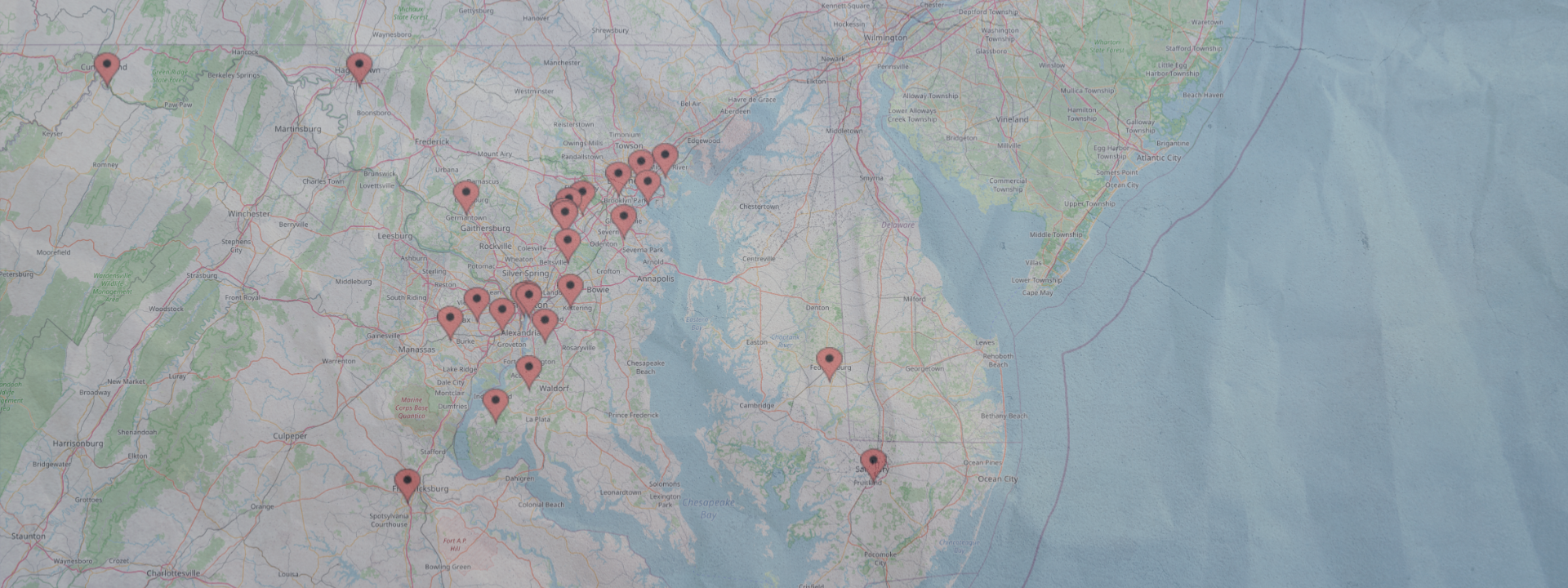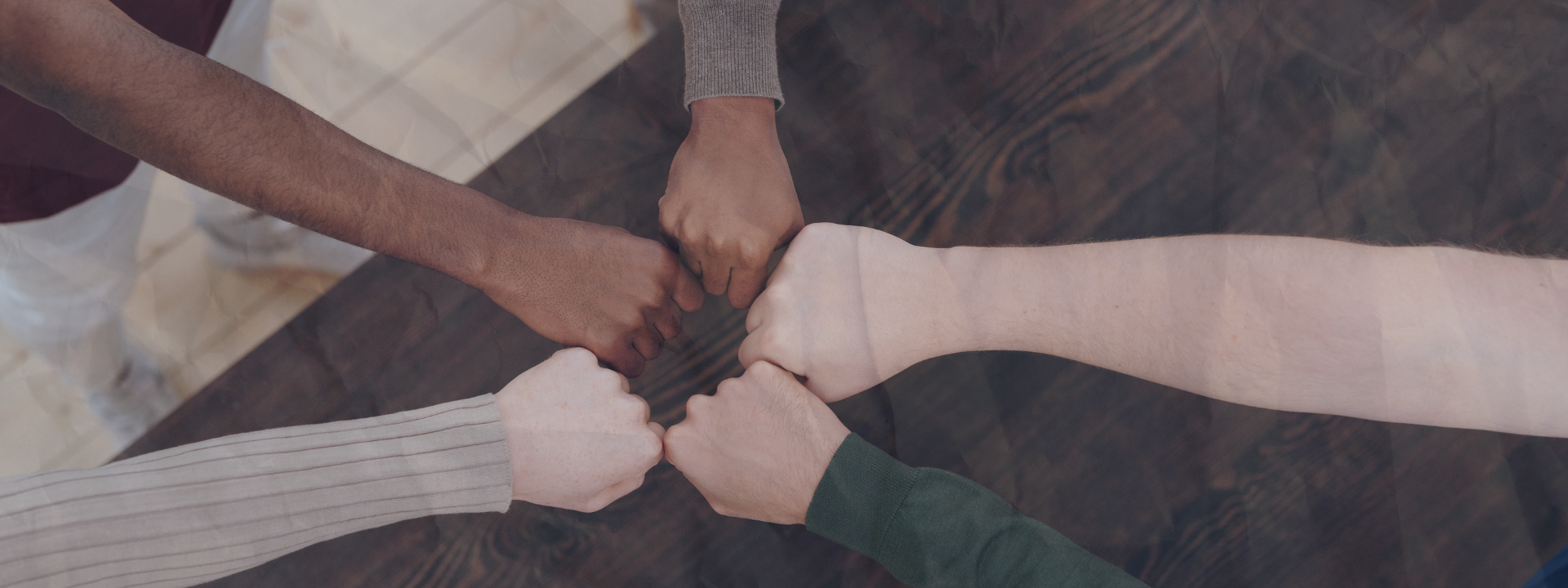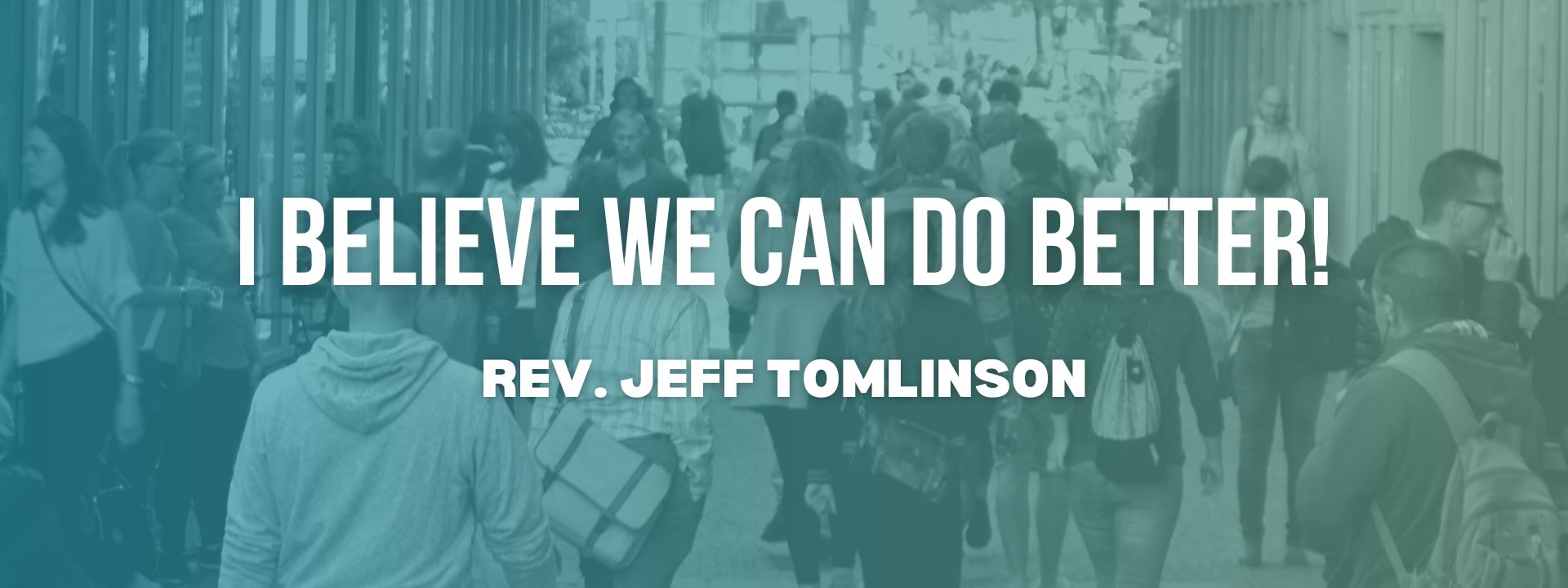 |
On October 31, 2017 multitudes of Christians around the world will recognize and even celebrate an event that took place 500 years ago on that day. Martin Luther, a pious Augustinian monk in Germany nailed his 95 theses to the castle church door in Wittenburg. Luther was a Roman Catholic monk and a university scholar. He had made a pilgrimage to Rome and was appalled by what he found in Rome. The sale of indulgences, paying an amount of money, to procure less time for loved ones or for oneself in purgatory was the practice of the day. The money raised from the poor was being used to fund the building of St. Peter’s Basilica in Rome.
Luther was very disturbed by this and his 95 theses posted on the castle church door were an invitation to academic debate and reform of this practice, along with others. Luther had no obvious intention of starting a reformation. His 95 theses were even written in Latin, the academic language of the day.
Others, however, translated his 95 theses into German and with the availability of the newest technology, the printing press, they printed his theses in the common language of the people and within a couple of weeks, Luther’s call for academic debate on the sale of indulgences had spread throughout Germany and as far as the Pope in Rome. Luther’s ideas rankled the authorities in Rome and before long a leader of the Roman Church was calling on Martin Luther to recant his writings. Luther refused. He reportedly said, “My conscience is a prisoner of God’s Word. I cannot and will not recant, for to disobey one’s conscience is neither just nor safe. God help me. Amen.”
Martin Luther became a wanted man, wanted by the Roman Catholic Church and by the Pope at the time, Leo X. Luther would be rescued by a German Prince and secreted away for his own safety. While in isolation, and in hiding, Martin Luther continued to write and began to translate the New Testament into German, a work that took him nearly a year to complete. His translation work not only made the Scriptures accessible to the common person in Germany, but helped to form the modern German language.
To read this article in its entirety CLICK HERE.
To submit your feedback about the September 23, 2017, CDP meeting, please click this link:





